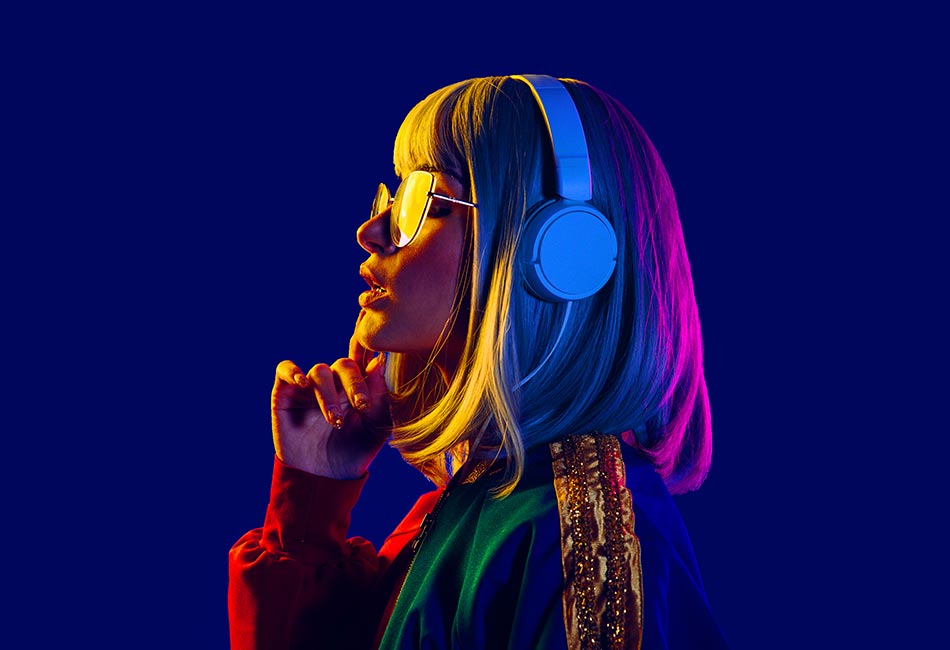
À l’origine violoniste, pianiste et percussionniste, Nadège Desbizet-Engel est diplômée d’un Master en écriture (mention Très Bien) au Conservatoire National Supérieur de Musique et de Danse de Paris (CNSMDP) où elle étudie l’harmonie, la fugue, la polyphonie Renaissance, l’écriture XXème siècle, l’écriture médiévale, l’analyse, l’arrangement et l’orchestration, entre autres dans les classes d’Olivier Trachier, Alain Mabit et Thierry Escaich.
Elle est amenée plus tard à enseigner l’écriture en école de musique puis au Conservatoire à Rayonnement Régional (CRR) et à la Haute École des Arts du Rhin (HEAR) de Strasbourg.
C’est ensuite vers la direction d’orchestre qu’elle se spécialise, avec un DEEI et des stages au cours desquels elle a eu l’occasion de travailler avec des chefs de renom, entre autres Claude Kesmaecker, Mehdi Lougraïda, Mathias Charton, Alexandre Jung et Mark Laycock. Elle est actuellement directrice musicale des orchestres d’harmonie de Clermont-Ferrand (OHCF), Amplepuis et Aubière.
En parallèle, sa curiosité l’amène à découvrir des univers musicaux différents comme celui de la musique traditionnelle, où elle a appris à jouer de la nyckelharpa et du gamelan, et celui de la musique de film, qui lui a valu en avril 2023 une place de finaliste au Concours de Musique de Film de Montréal.
Croiser différentes formes d’Art est une chose qui la passionne, et c’est avec enthousiasme qu’elle se plonge dans des projets interdisciplinaires, où se mêlent volontiers à la musique le théâtre, la poésie, la photo ou le cirque…
Digital platforms and streaming services have revolutionized the way we access and experience music, democratizing the industry and providing a global stage for both established and emerging talents. Social media has become a powerful tool for artists to connect directly with their fanbase, dismantling traditional barriers and fostering a more intimate relationship between creators and consumers. Yet, challenges persist. The pursuit of fair compensation for artists, the battle against piracy, and the quest for diversity and inclusivity are ongoing conversations within the industry. The music industry is not just a business; it’s a cultural force that reflects the zeitgeist, shapes societal trends, and influences the way we perceive the world.
Yet, challenges persist. The pursuit of fair compensation for artists, the battle against piracy, and the quest for diversity and inclusivity are ongoing conversations within the industry. The music industry is not just a business; it’s a cultural force that reflects the zeitgeist, shapes societal trends, and influences the way we perceive the world.
Digital platforms and streaming services have revolutionized the way we access and experience music, democratizing the industry and providing a global stage for both established and emerging talents. Social media has become a powerful tool for artists to connect directly with their fanbase, dismantling traditional barriers and fostering a more intimate relationship between creators and consumers. Yet, challenges persist. The pursuit of fair compensation for artists, the battle against piracy, and the quest for diversity and inclusivity are ongoing conversations within the industry. The music industry is not just a business; it’s a cultural force that reflects the zeitgeist, shapes societal trends, and influences the.

